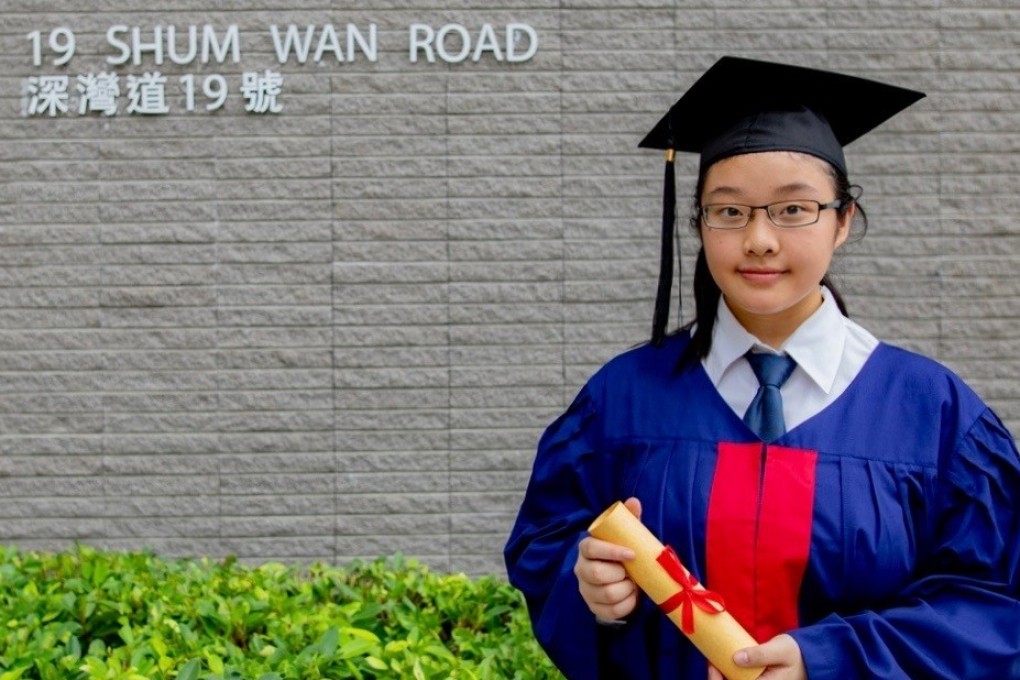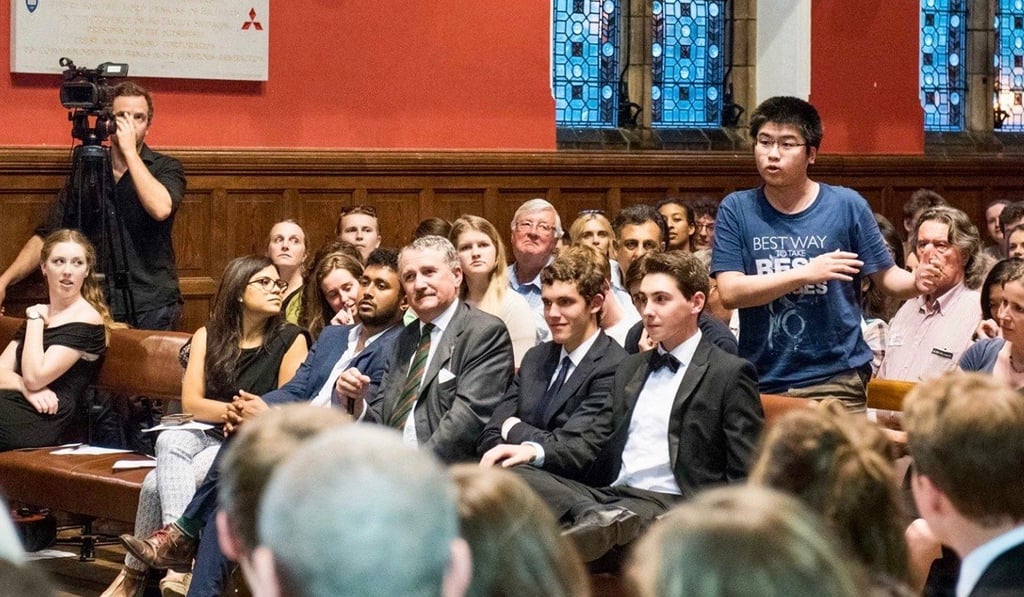IB diploma for university, jobs: is perfect exam score worth the stress? Four students with top marks discuss
- Four Hong Kong IB diploma graduates discuss whether achieving the perfect 45 score benefited them, or if the achievement is overrated
- They also give tips on balancing study with life and what motivated them to keep going

Ask any final year IB diploma programme student about the magic number 45 and you’re likely to see them break into a sweat. Achieving that perfect score is the ultimate goal, but it comes at the cost of academic stress and fear of not meeting university requirements – or, worse still, parents’ expectations.
The International Baccalaureate (IB), established in 1968, consists of four programmes of international education covering students aged three to 19: the primary years programme, middle years programme, IB diploma programme and career-related programme. All levels are built on IB’s core values of globalism and sustainability.
The IB has been taught in Hong Kong since 1988, with 29 schools now offering the IB diploma programme and five offering the full school curriculum.
At least 38 students in Hong Kong scored the maximum 45 points in the IB diploma last year. How important is that in the long run? We asked four young people who earned the top score in the last few years.

Brian Wong earned perfect marks at Island School in 2015, while juggling extracurricular activities such as debating and helping the school’s academic reforms committee. He went on to sit a degree in philosophy, politics and economics at Britain’s Oxford University, and is now pursuing a master’s degree in political theory after graduating last year.
“In truth, 45/45 didn’t open any doors directly,” Wong, 21, says. “It was the training I received through the IB that did, allowing me to perform successfully at Oxford interviews, and enabling me to become the confident and efficient writer and thinker that I am today.”